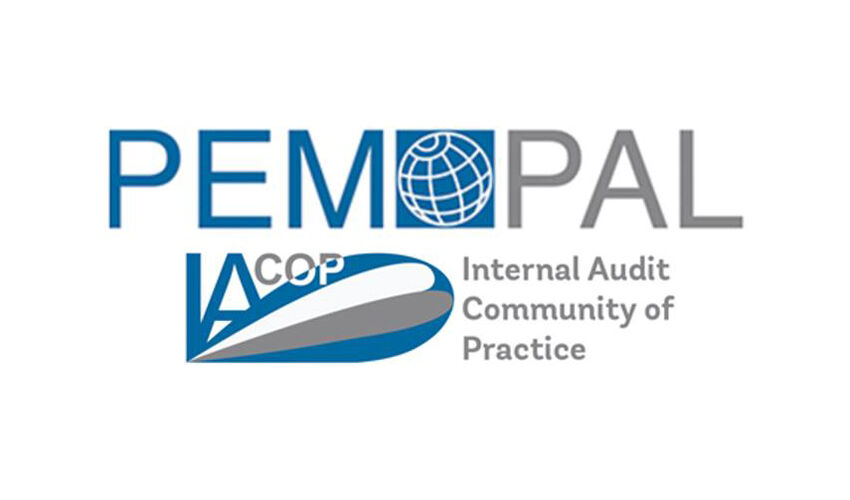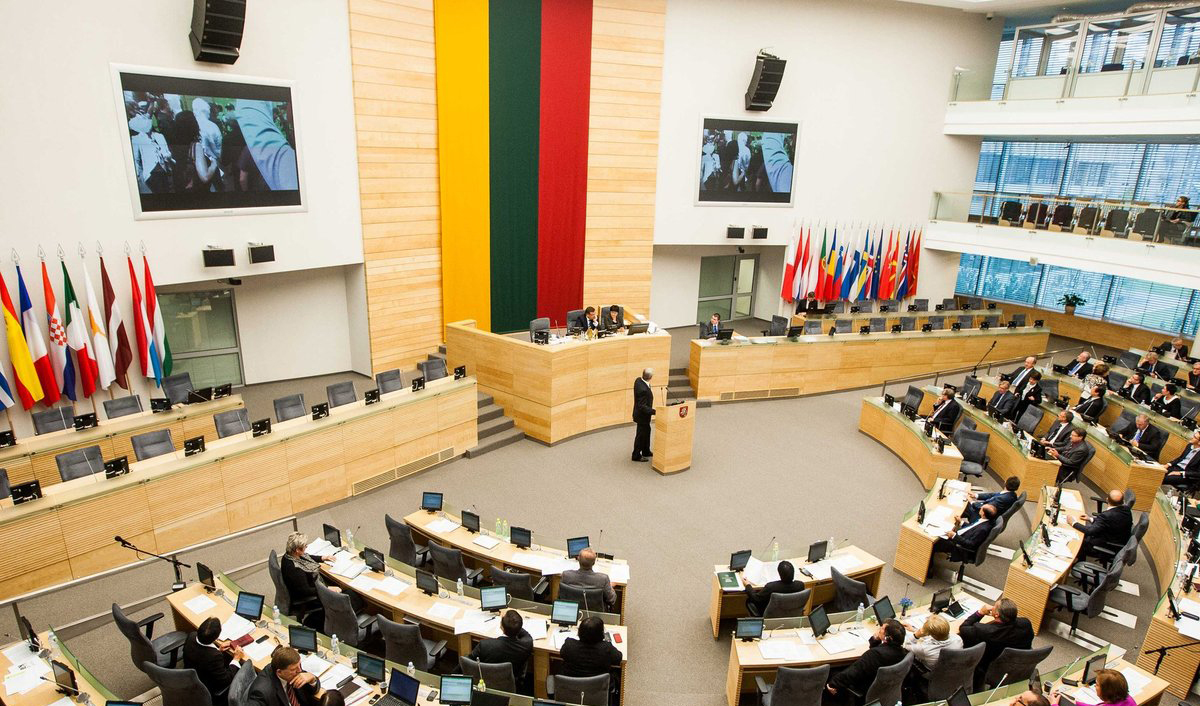
The Peer Education and Mutual Learning and Experience in Public Finance Management (PEMPAL) network provides an international interface for public finance officials. It was launched in 2006 by the World Bank and the Department for International Development of the United Kingdom. The World Bank and the Department for International Development of the United Kingdom of Great Britain and Northern Ireland. The impetus came from the problems associated with inefficient and transparent spending of public financial resources and the need to improve institutional oversight of them.
This is the seventh meeting within twenty years. This time the professional community is discussing the internal audit and financial control strategies of the states and their compliance with the Global Standards for Internal Auditing (GSVA).
“These are questions that are increasingly being discussed in many countries around the world today,” says Arman Vatyan, PEMPAL Program Manager at the World Bank. – They are asked by parliamentarians and ordinary citizens: how effectively public funds are spent and how well public organizations work in general. In this sense, we see a strengthening of the role of internal audit. We discuss how to plan the resources available to the state, as well as how to help state agencies identify risks. Public bodies often allow duplication of processes. Our Austrian colleagues, for example, found 600 repetitions of the same process in one ministry. It is the function of internal auditors to raise questions about their appropriateness. The Court of Accounts has its own role: it audits and confirms the financial statements of the state. But it is the task of internal audit to make recommendations to public bodies on how to manage risks and improve the management system.
Last year, for the first time in 50 years, international internal audit standards were updated, based on which countries are reviewing their policies in this area. Today, the risks are different. They are related to the digitalization of all areas of life and the influence of artificial intelligence. How to manage them and to what extent public bodies are ready to meet these challenges is another topic of discussion in Chisinau.













